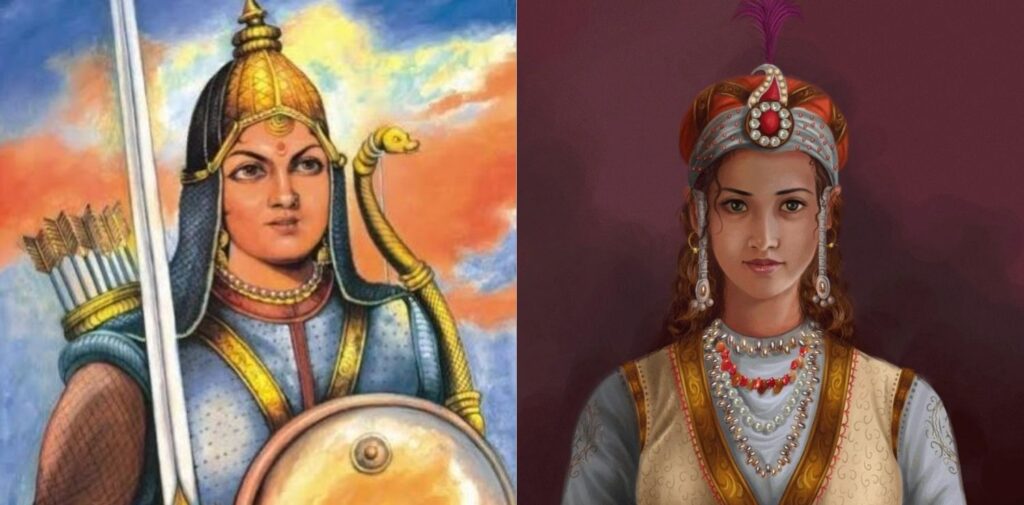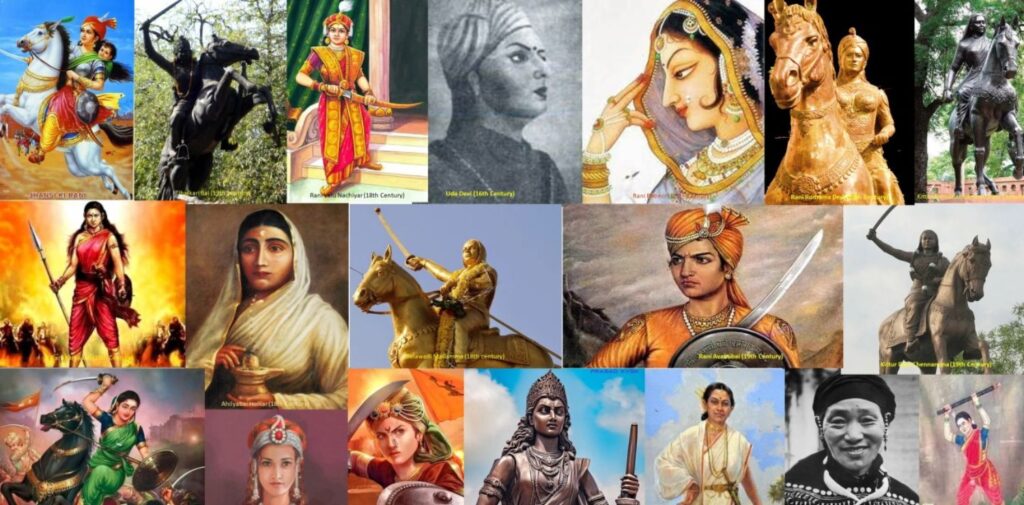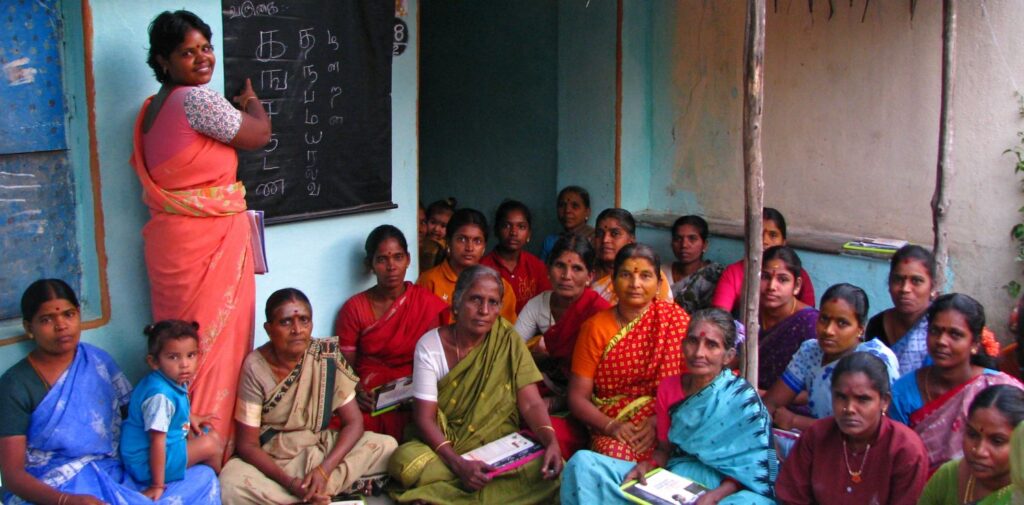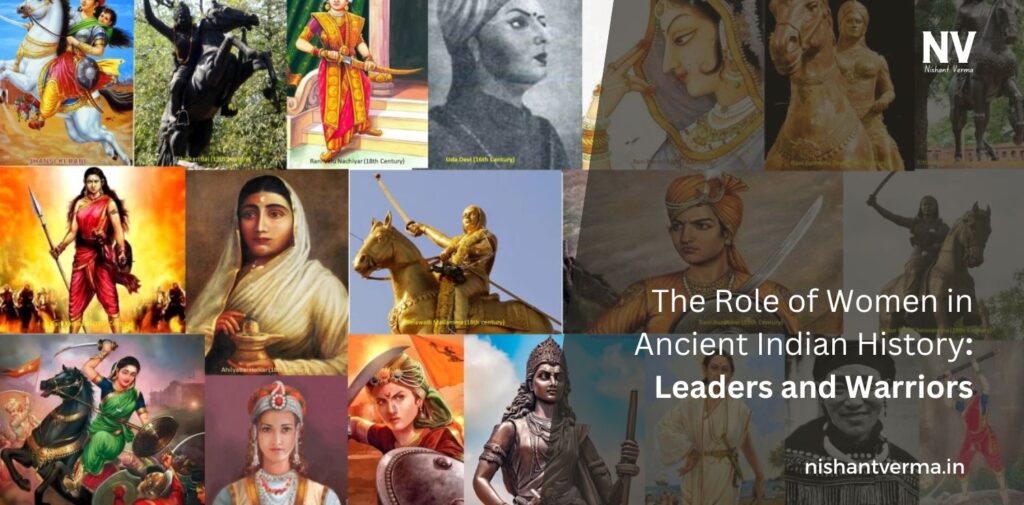Women have played significant roles throughout history, and ancient India is no exception. From queens to warriors, women contributed to society in many ways. This article explores the various roles women occupied in ancient Indian history, highlighting their leadership, bravery, and contributions.
Women in Ancient Texts
Ancient Indian texts, such as the Vedas, Puranas, and epics like the Mahabharata and Ramayana, depict women in various roles. These texts provide insight into the lives of women, showing that they were not only caretakers but also leaders and scholars.
Sages and Scholars
Many women in ancient India were revered as sages and scholars. For example, Gargi and Maitreyi were notable philosophers known for their wisdom and intellectual contributions. They participated in philosophical debates and contributed to the spiritual and educational spheres, showing that women were respected for their knowledge.

Queens and Rulers
Women also took on powerful roles as queens and rulers. Many ancient Indian dynasties had queens who wielded significant influence.
- Rani Durgavati: Rani Durgavati, the queen of Gondwana in the 16th century, is a famous example. She bravely defended her kingdom against Mughal forces led by Akbar. Her determination and leadership in battle showcased the strength and courage of women rulers during that time.
- Razia Sultana: Razia Sultana, the first female ruler of the Delhi Sultanate in the 13th century, broke many societal norms. She dressed like a man and led her army into battle, proving that women could govern effectively. Razia’s reign was marked by her attempts to rule justly and her efforts to challenge patriarchal structures.
Women Warriors
Throughout history, many women took up arms to defend their kingdoms or fight for their beliefs.
- Jhansi Ki Rani: One of the most famous warrior queens is Rani Lakshmibai of Jhansi. During the 1857 uprising against British rule, she became a symbol of resistance. Leading her troops with bravery, she fought valiantly to protect her kingdom. Her legacy continues to inspire many in India today.
- Chhatrapati Shivaji Maharaj’s Women: Shivaji Maharaj, the founder of the Maratha Empire, had several women in his court who played crucial roles in warfare. Women like Tanaji Malusare’s wife, Savitribai, were known for their courage and tactical intelligence. They supported their husbands in battle and were integral to the Maratha resistance against Mughal dominance.

Cultural Contributions
Women in ancient India were not only leaders and warriors; they also made significant cultural contributions.
- Artists and Poets: Many women were skilled artists and poets. The ancient text “Natyashastra” mentions women in performing arts, indicating their participation in dance and drama. Women like Akka Mahadevi and Mirabai are celebrated poets whose works express deep devotion and emotion, enriching Indian literature.
Role in Society
Women also played essential roles in family and society. They were caretakers, educators, and contributors to household economies. While some aspects of their lives were restricted by societal norms, women found ways to assert their influence within these boundaries.
- Spiritual Leaders: Women in ancient India were influential in religious and spiritual practices.
- Saints and Spiritual Figures: Many women were spiritual leaders and saints, guiding others on their spiritual journeys. For instance, the Bhakti movement saw women like Mirabai advocating for devotion to Lord Krishna. Their teachings and songs inspired many, breaking away from traditional norms.
- Goddesses and Divine Femininity: The worship of goddesses like Durga and Saraswati also reflects the reverence for women in ancient Indian society. These deities symbolize strength, wisdom, and empowerment, representing the ideals that women aspired to.

Women’s Education
Education for women in ancient India varied by region and time period, but many women were educated in various fields.
- Learning and Knowledge: In some periods, women had access to education and were trained in arts, sciences, and philosophy. Historical records show that some women were scholars in their own right, contributing to various fields of knowledge.
- Role in Education: Women often played crucial roles in educating the next generation. Mothers and grandmothers passed down knowledge and cultural values, ensuring the continuity of traditions.
Challenges and Limitations
Despite their achievements, women in ancient India faced numerous challenges and limitations.
- Social Norms: Patriarchy was prevalent, and societal norms often restricted women’s rights. In many cases, women were expected to prioritize family over personal ambitions. This often limited their participation in politics and warfare.
- Discrimination: Discrimination based on gender also affected women’s roles. While some women rose to prominence, many others faced oppression and were denied opportunities. The ideal of “Sita” as the perfect woman often overshadowed the warrior and leader roles women could take.
- Modern Recognition: In recent years, there has been a growing recognition of the contributions of women in ancient Indian history. Scholars, authors, and filmmakers have begun to highlight their stories, ensuring that their legacies are remembered and celebrated.
- Rediscovery of History: Efforts are being made to rediscover and document the lives of women in ancient India. Historical research, literature, and media are bringing their stories to light, providing inspiration for future generations.
- Empowerment Movements: Modern movements for women’s empowerment also draw from these historical examples. The stories of women leaders and warriors in ancient India serve as reminders of the strength and resilience that women possess.
Conclusion: Role of Women in Ancient Indian History
The role of women in ancient Indian history is rich and varied. From being leaders and warriors to sages and scholars, women made significant contributions to society. While they faced challenges and limitations, their strength and resilience are evident in the stories that have been passed down through generations. As we continue to explore and acknowledge their roles, we can draw inspiration from their legacy and work towards a more equitable future for all.
Understanding the past helps us recognize the importance of women in shaping history and empowers us to support and uplift women in all walks of life today.




